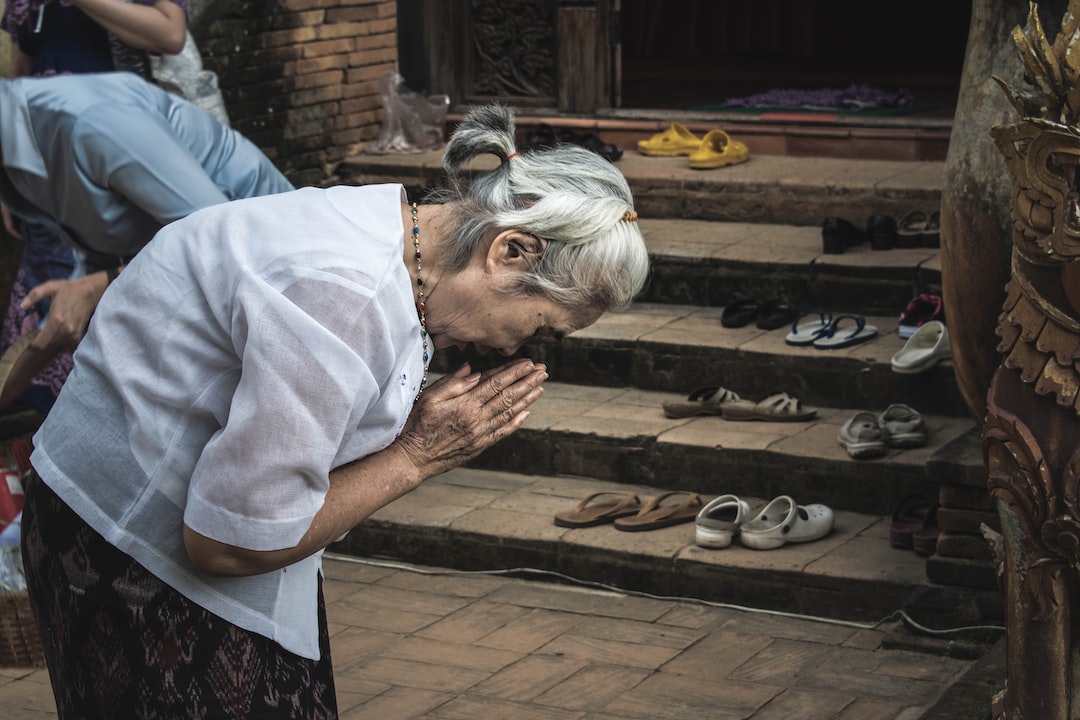Rediscovering the Power of Gratitude Through Religious Practices
Gratitude is a powerful force that can transform our lives and bring a sense of joy and contentment. It allows us to appreciate the blessings we have, big or small, and reframe our perspective on life. In today’s fast-paced and hectic world, we often forget to take a moment and reflect on the things we are grateful for. However, many religious practices advocate for the importance of gratitude and provide us with effective tools to cultivate and express it.
Various religious traditions emphasize the significance of gratitude as a core value. Christianity, for example, encourages believers to express gratitude to God for everything they have been blessed with. Gratitude is seen as a way of acknowledging God’s goodness and provision in our lives. Through prayer, Christians are taught to express their thanks and appreciation to the divine. This practice not only fosters a sense of gratitude but also deepens their relationship with God. By focusing on what they have rather than what they lack, Christians find solace and happiness in the presence of God.
Similarly, in Islam, gratitude is an essential aspect of faith. Muslims are encouraged to be grateful to Allah and express their gratitude regularly through various rituals. The daily prayers (Salah) in Islam include moments of gratitude where individuals thank Allah for his blessings. In addition, Muslims are taught to give thanks to Allah by helping others, being mindful of their words and actions, and being content with what they have. These practices help Muslims develop a grateful heart and lead a wholesome and fulfilling life.
In Hinduism, the notion of gratitude is deeply ingrained in the culture. The practice of offering thanks, known as puja, is an integral part of Hindu religious rituals. Devotees express their gratitude to deities by offering prayers, flowers, and food. This act of gratitude not only acknowledges the blessings received but also serves as a reminder that everything is interconnected, and gratitude creates a harmonious relationship between humans and the divine. The Bhagavad Gita, a sacred scripture in Hinduism, also emphasizes the importance of gratitude and how it can lead to inner peace and spiritual growth.
Buddhism, too, underscores the significance of gratitude in spiritual development. The teachings of Buddha highlight that gratitude is crucial for cultivating compassion and contentment. Buddhists are encouraged to express gratitude for their teachers, fellow practitioners, and even challenging life situations. By realizing the impermanence of all things, Buddhists learn to appreciate the present moment and be grateful for the opportunities it brings. This practice of gratitude creates a mindset of abundance instead of scarcity and contributes to the overall well-being of individuals.
Regardless of one’s religious beliefs, incorporating gratitude into daily life can have a profound impact on mental, emotional, and spiritual well-being. The religious practices mentioned above provide a framework to rediscover the power of gratitude and integrate it into our lives. By expressing gratitude through prayers, rituals, and acts of kindness, individuals can cultivate a positive mindset, enhance relationships, and find peace within themselves.
Rediscovering the power of gratitude through religious practices allows us to shift our focus from what we lack to what we have. It is a reminder that even amidst life’s challenges, there are blessings to be grateful for. By taking the time to acknowledge and appreciate these blessings, we can experience true joy and contentment. So, let us embrace the wisdom of religious traditions and start incorporating gratitude into our lives, allowing it to transform us from within.

